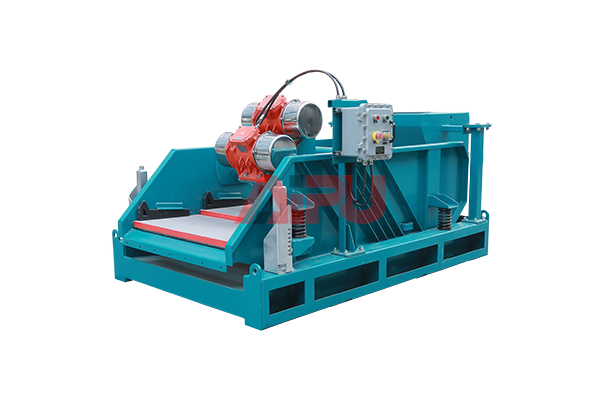Why is the Regular Maintenance Important for Solids Control System?
The solids control system plays a critical role in drilling operations, ensuring efficient separation of drilling fluids from cuttings and other solids. Regular maintenance is not just a recommendation—it's a necessity for optimal performance, safety, and cost efficiency.
One of the primary reasons for consistent maintenance is to prevent equipment failure. Solids control equipment operates under harsh conditions, including high temperatures, abrasive materials, and continuous vibration. Without proper upkeep, components like shale shakers, centrifuges, and desanders can wear out prematurely, leading to unexpected downtime and costly repairs.
Another key benefit of maintenance is maintaining separation efficiency. Over time, screens, hydrocyclones, and other critical parts can become clogged or damaged, reducing their ability to remove solids effectively. This inefficiency can lead to increased drilling fluid consumption, higher disposal costs, and potential damage to downstream equipment.
Safety is another crucial factor. A poorly maintained system increases the risk of leaks, spills, or even equipment malfunctions that could endanger personnel. Regular inspections help identify potential hazards before they escalate into serious incidents.
Cost savings from proper maintenance are often underestimated. While it requires an upfront investment in time and resources, it significantly extends equipment lifespan and reduces the frequency of major overhauls. The small costs of routine maintenance pale in comparison to the expenses of emergency repairs or complete system replacements.
Environmental compliance is another compelling reason. Regulatory bodies impose strict standards on drilling operations, particularly regarding waste management. A well-maintained solids control system ensures compliance by properly handling drilling waste and minimizing environmental impact.
To maximize the benefits of maintenance, operators should follow manufacturer guidelines, keep detailed service records, and train personnel on proper inspection procedures. Implementing a predictive maintenance program using vibration analysis or oil sampling can further enhance reliability.

If your project requires solids control equipment, choose Aipu Solids Control, it will be your best choice.
